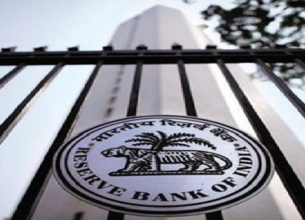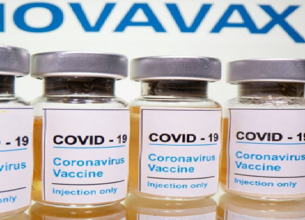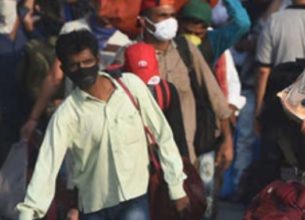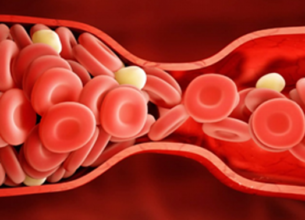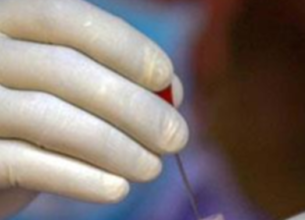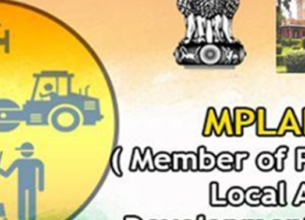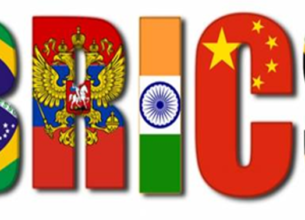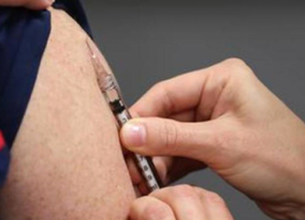COVID-19 LOCKDOWN: A LONG ROAD
26, Mar 2020
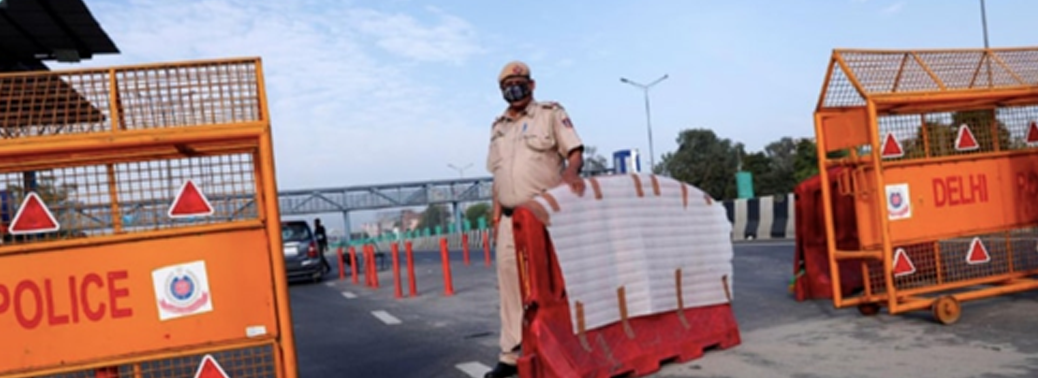
Prelims level : Governance
Mains level : GS-III Disaster and Disaster Management
Context:
- While the nations around the globe are fighting against the deadly virus, India’s fight against the COVID-19 outbreak has been unique. Prime Minister Narendra Modi on 24 March, 2020, announced a 21-day nationwide shutdown in an effort to break the chain of transmission.
- As the nation of 1.3 billion people shut down, the World Health Organisation (WHO) said India’s COVID fight could make or break the global war. The real test for India is in curbing community transmission which has just begun.
India’s Lockdown Experiment:
- The lockdown has been enforced in a bid to flatten the curve of transmission of the novel coronavirus.
- However, the enforcement has also left millions of people unprepared for the severe disruption.
- As a public health measure, the full national lockdown is welcomed by the medical community as a necessary measure to cut the transmission chain of the virus.
- With the fresh arrival of travellers from abroad has already been stopped, the three weeks is long enough to allow for symptomatic cases of COVID-19 disease to emerge.
- This time period should give the government sufficient time to plan a treatment response.
- However, the government failed to anticipate the complex issues involved in confining over a billion people to their homes.
The Essence of the Lockdown:
- The lack of planning on the lockdown resulted in other problems like crowding, with people rushing out to buy essential supplies and medicines.
- There were also instances of mindless police violence against workers performing routine jobs.
- The hardest hit are the millions of daily wage earners, the self-employed and small businesses, and the rural landless poor.
- Vulnerable segments of the workforce face the immediate prospect of a lack of income as well as hunger.
- The shutdown has brought the approximately ₹200-lakh crore national economy close to a shuddering standstill.
- The virtual curfew could have been made far less stressful through prior discussion with the States, and unambiguous communication to the public.
Necessities for a Successful Lockdown:
- For the lockdown to serve its purpose, it should lead to wider testing of all suspected cases. For which, there should be substantial investments in public health infrastructure targeted at COVID-19 treatment.
- If the prolonged lockdown is to be executed without too much trauma for the general public, there has to be a war room approach – reliable access to food, water, medicines and emergency assistance must be provided.
- There is also a deplorable trend of social discrimination against health workers handling COVID-19 cases, which must be sternly dealt with.
- If movement is to be restricted, essentials must be delivered virtually at the doorstep.
- Allowing delivery of medicines by pharmacies is important and essential personnel must be given passes that protect them from police harassment and ensure movement of goods.
- Though some States have announced cash relief and free rations, the challenge is to ensure effective implementation.
- The Centre shall consider abandoning its fiscal deficit goals at this moment of a worldwide healthcare and economic crisis.
- The governments can use the Jan-Dhan accounts, BPL ration cards and the data available with various social welfare schemes including PM-KISAN and MGNREGA to ensure the reach of any financial aid to the population.
Life after the Lockdown:
- While the Finance Minister has announced a slew of measures to tackle the unprecedented economic crisis, it also demands a set of mitigation and subsequent stimulus measures of an exceptional scale.
- Provisions for free services to all financial aid recipients; loan repayment holidays and a wage bill subsidy to all MSME businesses that retain their workforce at pre-crisis levels can help rebuild the economy.
- Once the lockdown is lifted, a huge public infrastructure creation backed spending push can generate jobs and restart economic activity.
- The government must do well to use the crisis as a once-in-a-generation opportunity to address both the economy’s and the public’s well-being. The lives and livelihoods lost to the pandemic should not be in vain.



